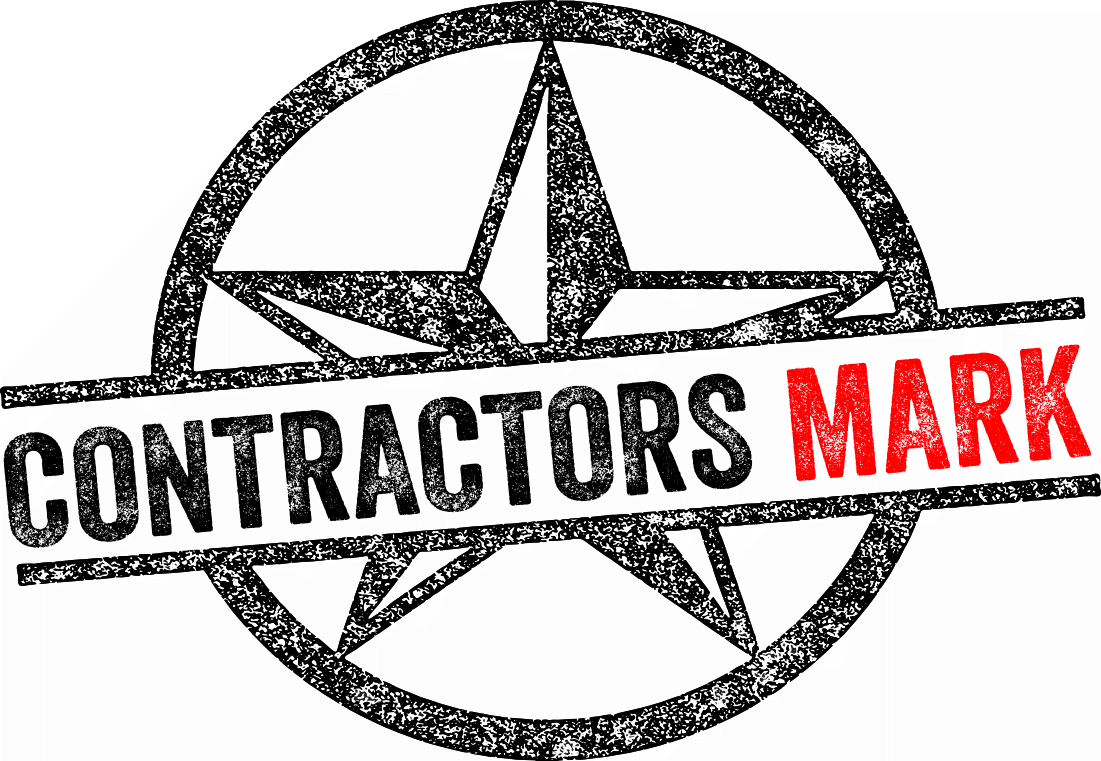Partnering up for a project always requires a guarantee that both the investor and contractor will fulfill their obligations. This guarantee is most often penned in for form of a contractor’s bond, in which the expectations and penalties for the project at hand are stated very clearly. It is imperative that the bonds are drafted quickly and accurately, something we at Contractors Mark are reputed for.
Bonds present a contract drafted by an insurance company that will regulate the relationship between the contractor and the investor and manage the promises each party has made to each other in order to guarantee the success of the project. By offering a bond, contractors oblige to follow the schedule and performance that they agreed to, legally relieving themselves from any unforeseen or unsuspecting complications that may compromise the progress of the project. Contractor’s bonds are usually involved with large municipal projects and will regulate the entire process of a project. Seeking to protect themselves, the project owners will often insist on a bond that would encompass the whole process, from the initial bidding to maintenance issues.
Contractor’s bonds come in variety of types, each regulating a different part of the project. Each is drafted separately and with the specifics that are clearly laid out. The bidding bond is usually the first, but it is not required. Normally, this bond is commonly sent out with the bid to ensure that, if the bid is won, the victorious contractor would sign the contract and file the remaining bonds afterwards. Next, the performance bond determines the tasks needed from the contractors and establishes the performance level that the contractor needs to meet in a given time. Performance bonds take over after the bidding bonds and are eligible throughout the labor process. They ensure the project owner will get full compensation in case that the contractor fails to keep up with either the quality or schedule agreed upon in writing. Next, payment bonds guarantee that the contractor that won the bid is fully capable of paying for the workers, the materials, or any subcontractors that a project may require. Lastly, the maintenance bond, while optional, includes the specifics of a warranty for certain projects following the completion of a project.
Large project owners will certainly require bidding bonds presented to them. For a contractor to even think about putting forward their bid, they need to be licensed. License bonds are a guarantee that contractors work in accordance with the state’s laws and regulations. Each state has different prices and requirements for issuing a license, and in Midland, the process required by the state of Texas is expected to be followed accordingly.
At Contractors Mark, we understand the preparatory work for a new project may be overwhelming and prevent you from being able to establish the details of a contractor’s bond accordingly. Because of this, we offer to guide through this process with swiftness and precision, ensuring that you meet the needs of the project while being covered with the assistance of our bonds. For more information regarding our contractor’s bonds and the process of establishing each one, call Contractors Mark and we will be happy to assist you.

